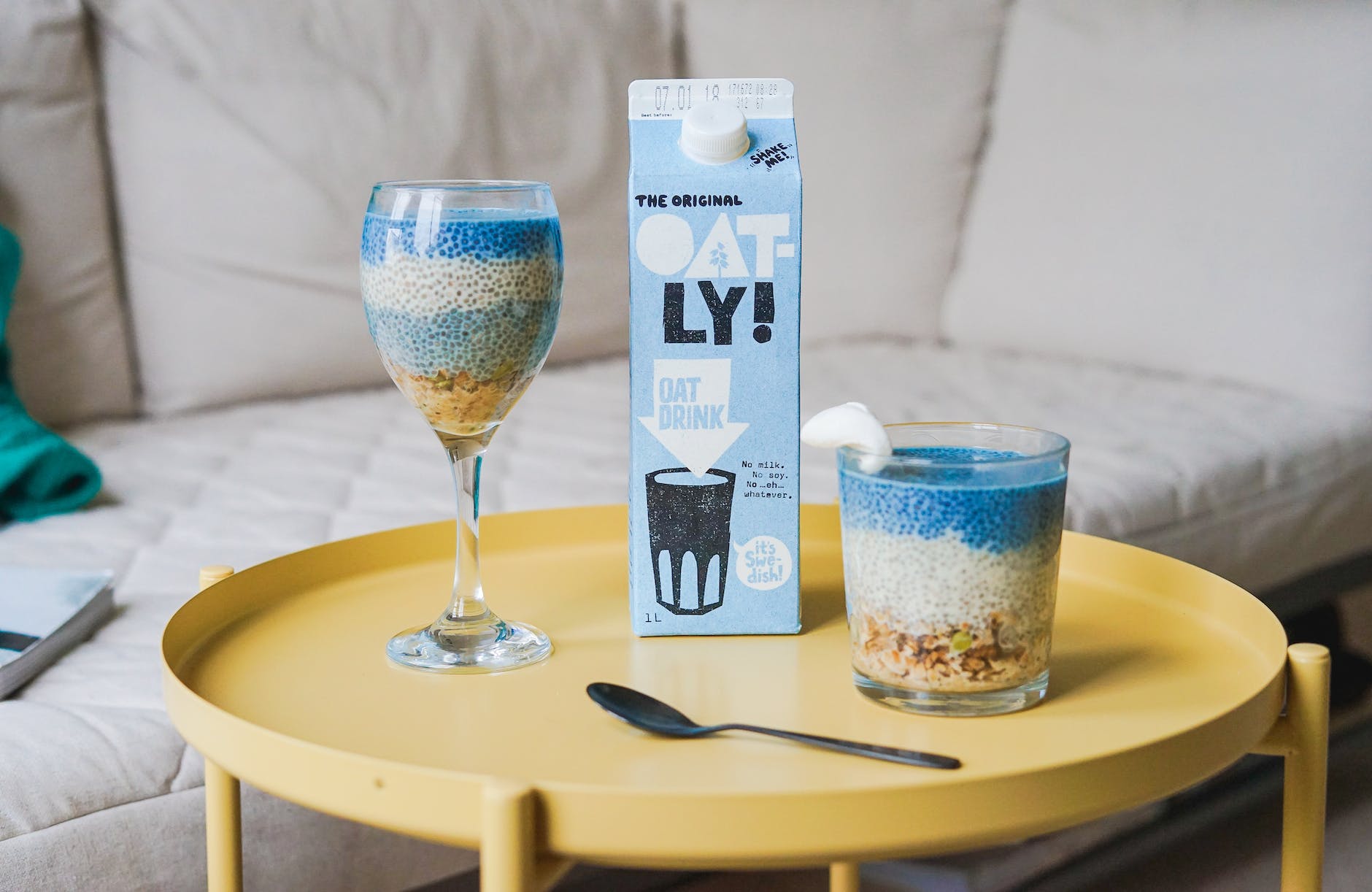Oatly, the plant-based milk substitute brand, recently launched a bold marketing initiative challenging the traditional dairy industry to reveal its climate footprint. This kind of ‘green marketing’ taps into a growing consumer trend – environmental consciousness. Small retailers can gain valuable insights from this campaign, potentially using it as a catalyst to adjust their own strategies and better connect with eco-conscious customers.
Green Marketing: The Oatly Way
Oatly’s challenge to the dairy industry is bold and confrontational. It’s a strategy designed to promote transparency and hold companies accountable for their environmental impact. More importantly, it resonates with a significant section of consumers who are increasingly concerned about the environment and the carbon footprint of the products they buy.
Adapting to an Environmentally Conscious Consumer Base
For small retailers, there are several strategies to consider:
Highlighting Environmentally Friendly Brands: Oatly’s campaign shows that consumers respond to brands that align with their values. Retailers can capitalize on this by promoting environmentally friendly brands, or products that have a lower carbon footprint.
Transparent Communication: Oatly’s campaign is grounded in transparency. Similarly, small retailers can engage with their customers by being transparent about their own environmental impact and the steps they’re taking to minimize it.
Hosting Environmentally Conscious Events: Events like clean-up drives, tree-planting activities, or seminars on sustainability can also be a great way to connect with customers who share these values.
Collaborating with Local Suppliers: Sourcing products locally can significantly reduce carbon footprint. Retailers can highlight this to their customers, showcasing the environmental benefits of buying locally-sourced goods.
The Role of Analytics
As with any change in strategy, it’s vital to monitor and analyze customer response. Retailers can leverage data from sales trends and customer feedback to understand the impact of their green marketing initiatives. This can inform future strategies and help retailers better serve their eco-conscious customers.
TL;DR
Oatly’s bold climate footprint initiative reflects a broader trend toward green marketing and environmental consciousness among consumers. Small retailers can tap into this by promoting environmentally friendly brands, communicating transparently about their environmental impact, hosting eco-conscious events, and sourcing from local suppliers. Leveraging sales data and customer feedback can help retailers understand and respond to their customer’s evolving needs and preferences.




